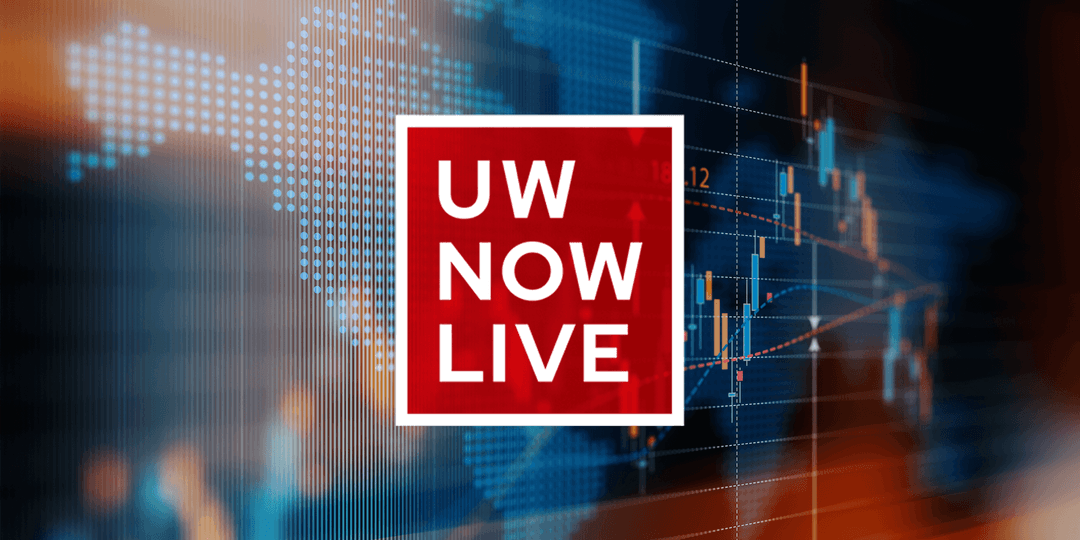America’s research universities are having a rough decade. Public opinion has grown less favorable since 2015, and these institutions suffer from the country’s increasingly polarized politics. Since the start of 2025, governments at the state and national level have pushed policies that would undercut university funding, both in admissions and research.
The polling firm Gallup asked Americans how much confidence they have in various major institutions, and “the single greatest drop we see is in [confidence in] higher education,” says political scientist Ken Goldstein. “It’s created the environment where the cuts we’re seeing and the policies we’re seeing are possible.”
On the June 17 episode of the UW Now Live, Goldstein joined Craig Thompson ’91, UW–Madison’s vice chancellor for university relations, and host Mike Knetter for a discussion about the effect that public perception and government policies are having on research universities.
Goldstein looked at public opinion surveys to see how attitudes drive politics. “From 2015 to 2023,” he said, “we’ve seen a little bit of a drop [in confidence in higher education] from Democrats, a little bit of a drop from independents, but Republicans have fallen off a cliff.”
He noted that Republicans — the party that has controlled Wisconsin’s legislature for more than a decade and that now controls the White House and both houses of Congress — are less likely to hold a college degree than either Democrats or independents. And people who don’t have a college degree are less likely to see the value of universities than those who do have a degree. “That huge plunge in confidence has created the environment where we can see some of the cuts, some of the attacks, some of the policies that are currently happening,” he said.
Higher education’s loss of public support has come in parallel to a drop in confidence in all of America’s social institutions: the media, business, and Congress. This increases the difficulty that universities have in improving their own reputation. “The normal levers that we would try and communicate, persuade, convince, educate people about our value are much more difficult to use,” Goldstein said.
Thompson described the important role that the federal government has had in nurturing universities, as well as the role that universities have had in growing America’s economy. The Trump administration’s announcement of cuts to research funding have put this symbiotic relationship in jeopardy, but so far the administration has made more of an impact through sowing confusion than it has in pulling back actual dollars.
“The word that I really want to underscore is uncertainty,” he said. “The actual cuts are significant but not dramatic yet. We’ve had just south of 80 grants that have been terminated — about 78 out of more than 2,100 grants. But the rapidity with which the new terms are coming in, the things that they’re asking higher education to agree to … there’s still a lot in jeopardy.”
Despite the current danger, universities like UW–Madison still have a strong standing with the public. General survey questions, such as “How confident are you in higher education?” miss out on the positive emotional relationship that people have with specific universities.
“My favorite [question] asks, ‘Are you better off or worse off because of the University of Wisconsin?’” says Goldstein. “You can be frustrated with us for a whole variety of reasons, but at the end of the day, don’t you think this country, this state, this community is better off because of the work we do?” And, he notes, responses to this question show that people still believe that specific institutions are valuable. “That has not gone off a cliff.”



